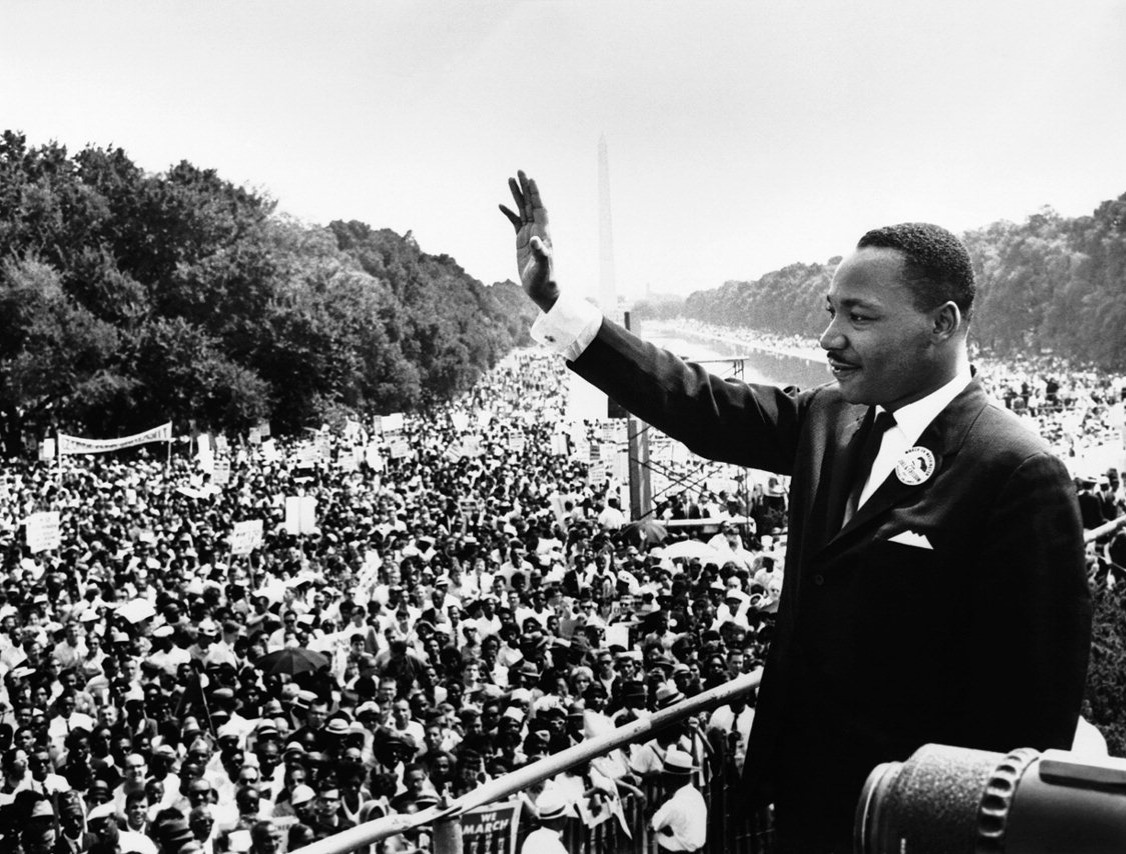Alec Schaffer
Kara Walker, a contemporary African American, feminist artist, is featured at the University of Wyoming art museum, where a panel was held in part of the MLK Day’s of Dialogue week.
A panel of three UW professors and internationally recognized art collector and exhibition sponsor Jordan D. Schnitzer, shared their thoughts on the art and discussed the feminist and racial themes apparent in Walker’s work as part of the Day’s of Dialogue.
“I think the reason you are here is because these are problems of our times,” Schnitzer said.
Walker’s preview exhibition is titled, “Emancipating the Past: Kara Walker’s Tales of Slavery and Power.” This exhibit portrays unsettling racially charged images, high lighting sexism and violence in the Antebellum South.
“She explores some really interesting themes of race and gender,” Ryan O’Neil, co-chair of MLK Day’s of Dialogue, said.
Born in 1969 in Stockton, California, Walker became known for her use of black paper cut out silhouettes against white backgrounds, typically portraying violent, racist, sexist and unsettling images of racism in the Antebellum South.
“Silhouettes are the ideal median for broadcasting racial stereotypes,” Kerry Pimbolt, panel member and assistant professor of African American diaspora studies, said.
Despite this, some believe Walker’s work is racially damaging and see her as a betrayer of her race.
“That’s why we wanted to get the show here—it’s a pretty white community” Peter Fine, panel member and assistant professor from the department of art and art history, said. “This provides a great opportunity.”
“It’s a really incredible and far reaching exhibit,” O’Neil said. “We had a truly fantastic panel discussion last night.”
Three classes related to the exhibit will be taught this semester by the professors from Tuesday night’s panels. Other events, such as a Shepard’s Symposium, will also be hosted in coordination with the exhibit throughout the semester.
“The work shows the shared struggles posed by oppression of race and sex,” Jaci Henion, UW senior studying art and communications, said. “I think this work shows how we can impact the world through art.”



